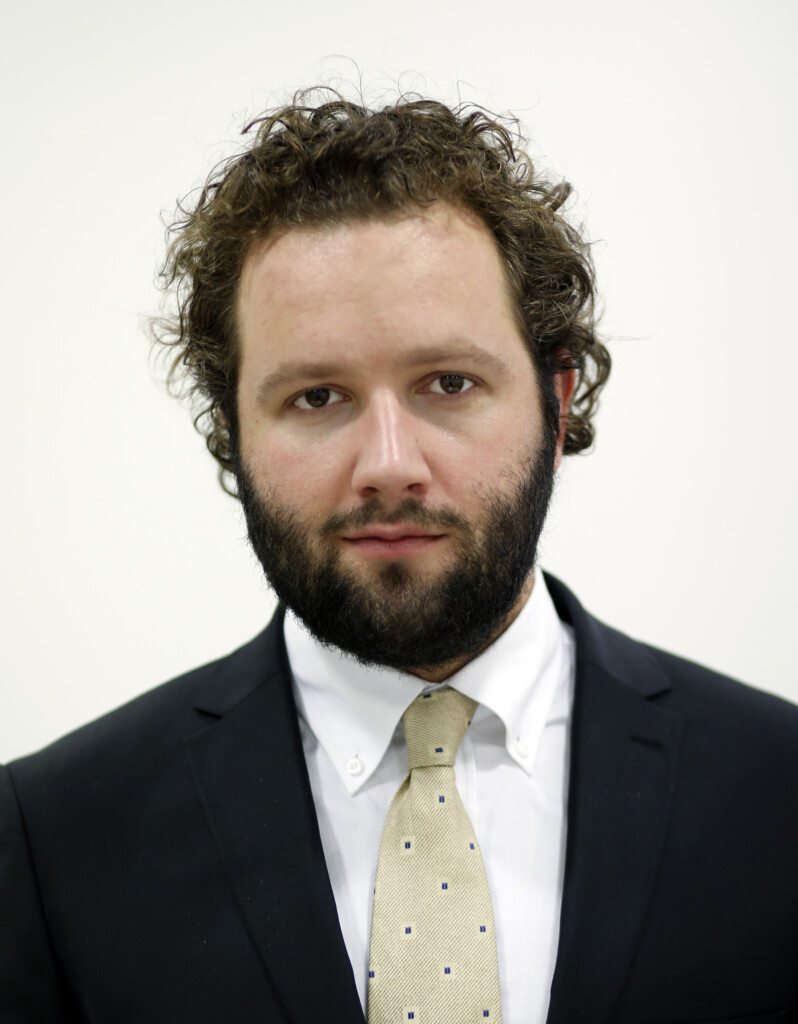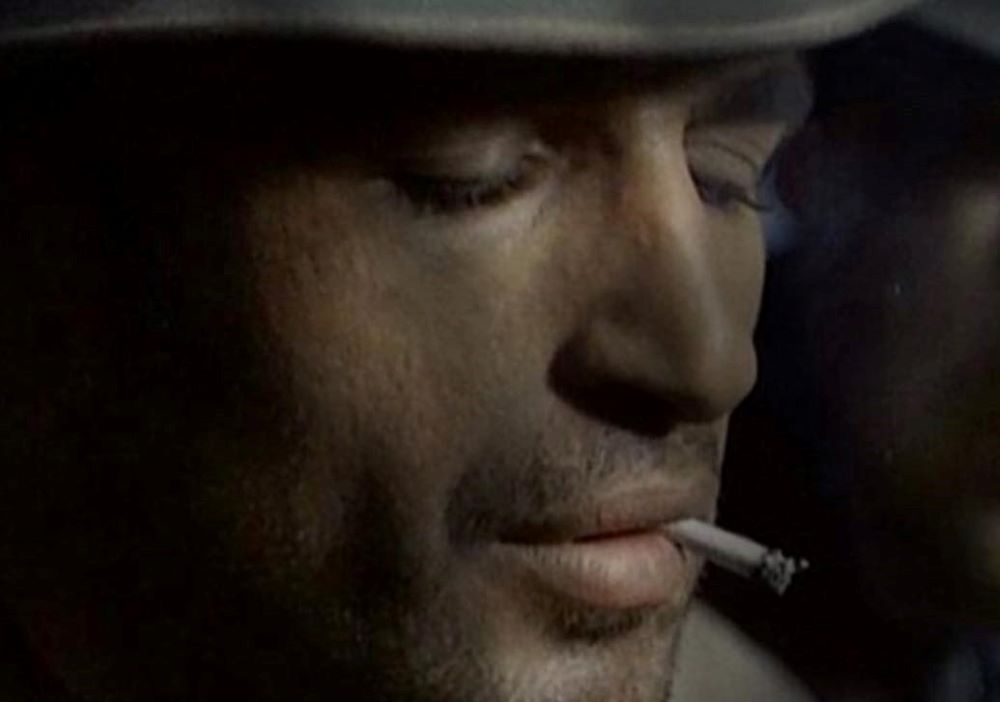Many figures have connected the spaces of former Yugoslavia in a single common culture. The death of many figures speaks about the fact that some people have the opportunity to influence others in good or bad ways during difficult times.

Idro Seferi
When the death of Bekim Fehmiu was announced in the news on June 15, 2010, there was a sense of guilt for him passing away from the scene. He was a striking figure that undoubtedly left traces to the world cinematography. But, whole generations grew up with Bekim and nobody ever said a bad word for the movie “I Even Met Happy Gypsies”. When Bekim used to break glasses and bloody his hands with the song “Djelem, djelem”, nobody saw him as an Albanian, a Serb or a Bosniak. But instead, for many people, this scene is a cult of values with which they grew up.
The deaths of personalities that are associated with a shared memory have been numerous. From Faruk Begolli, Fadil Vokrri, or people like the Croatian singer Oliver Dragojevic. For some time these names, or also the names of Mira Furlan and for a lot of people Djordje Balasevic or Dzej Ramadanovski, have been associated not only with the memory of an idyllic time, but also with their engagement to heal a little bit the bloody wounds of recent history. Many of them even knew each other and sometimes worked together. Many icons during the former Yugoslavia have connected countries outside the box of nations, mostly for what they represented not only as successful professionals, but also as people. Those were different times. Times when common cultural and social models existed, the same as there were groups that never agreed with this idea.
Certainly, many big figures, in their careers, had this element of being welcome and having a place among other nations as well. But, impartiality in difficult times also played an important role. Rade Serbedzija sang an acoustic song named “White Boro”, which was dedicated to Bekim Fehmiu, immediately after he passed away. It is certain that part of these personalities also made some mistakes. Or, they tried to be more philosophic when it came to sensitive issues, such as Balasevic and his attitude towards Kosovo Albanians, which is not even similar to his other perspectives which without any doubt have contributed in returning a bit of hope with the post-war concerts in Sarajevo.
Critics will never have enough, but some people may serve as emissaries if the Balkans decides one day to reconcile and move on. There are many scenes and places where part of these people could be connecting bridges. I know that many people in Belgrade would want to see Enver Petrovci once more in the theatre, even with the play “The King and His Comedian”, not because he played a Serb, but because he played this role in the best way possible and even in a foreign language he was doing it so good.
Every figure has its own beautiful and incomprehensible parts. Many people ask me about the boxer Aziz Salihu, someone asks me about Azem Vllasi, and the younger generations ask me about Rita Ora and if I can ask Dua Lipa for an autograph for their niece. Figures have the opportunity to bear the burden for many people. Those that spoke up when they should have not will be remembered instead of those who incited hatred. “Nationalism is a children’s disease, and it did not grow up to become turbo-folk”, as Rambo Amadeus would say. The Balkans needs a dialogue among living figures that have authority.
Idro Seferi is a Belgrade based journalist. He started his career in Pec. He has worked in more than 20 media in Albanian, Serbian, English and German language.



Leave A Comment